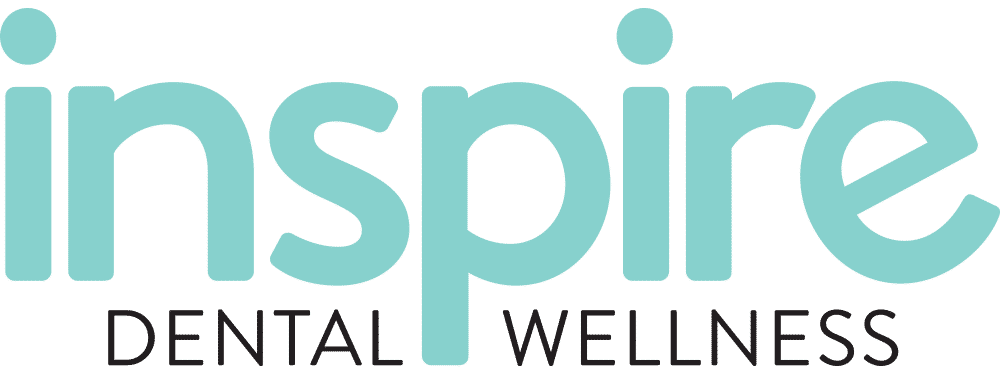While largely preventable, dental issues are a widespread health concern that affects children, teens and adults. When something feels off in your mouth, ignoring the problem can lead to significant issues later. Whether it’s a sudden sting while sipping iced coffee or a dull ache that lingers through the day, these are signals worth paying attention to. In this article, we’ll explore the common dental complaints many patients in Orland Park share with their providers, as well as their causes, symptoms and how to address them.
1. Cavities
Cavities are one of the most common tooth issues affecting children and adults. They form when bacteria in the mouth feed on sugars and starches, producing acids that slowly wear away tooth enamel. If untreated, this process can create small holes, or cavities, over time that lead to pain and more serious complications.
Typical signs of cavities include:
- Toothache that lingers or worsens over time
- Sensitivity to sweet, hot or cold beverages and foods
- Dark spots or small pits on the tooth’s surface
Some cavities develop silently, especially near the gum line or around older dental work. That’s why early detection is so important. Depending on the size and location of the cavity, your dentist might recommend a composite filling, a crown or, in more advanced cases, root canal therapy.
Orland Park patients often ask how to prevent cavities between visits. Brushing twice daily, limiting sugary snacks and scheduling routine checkups help reduce plaque buildup and keep teeth strong. You can ask your dentist about fluoride treatments and dental sealants for added protection.
2. Gum Disease (Gingivitis/Periodontitis)
Another prominent oral health concern is gum disease, which has multiple stages. Gingivitis occurs when plaque builds up along the gum line, causing redness, swelling and mild bleeding during brushing or flossing.
If the condition advances, pockets may form between the teeth and gums, eventually leading to bone and tooth loss. This more serious stage is known as periodontitis. Gum disease is a common oral issue that many adults face, and it’s often linked to habits like inconsistent brushing, smoking, stress or skipping dental visits.
Warning signs include:
- Bleeding gums when brushing or flossing
- Swelling or tenderness along the gum line
- Bad breath that doesn’t improve with brushing
- Receding gums
Early gum disease is often reversible with professional cleanings and improved oral hygiene. More advanced stages may require scaling and root planing — a deep cleaning procedure that removes bacteria below the gum line — or antibiotic therapy. Treating gum disease promptly is one of the most important reasons to see a dentist, since advanced cases can lead to tooth loss if left unaddressed.
3. Tooth Sensitivity
Have you ever experienced a sharp flash of discomfort when eating ice cream or sipping a hot beverage? That’s often a sign of tooth sensitivity, also known as dentin hypersensitivity. It is one of the most common teeth issues people report to their dentist.
Tooth sensitivity occurs when enamel wears down, gums recede or teeth develop small cracks. These changes expose the dentin layer beneath, which contains tiny pathways leading directly to the nerves. As a result, hot, cold or sweet foods can trigger sharp pain.
Common causes include:
- Acidic foods and beverages that erode enamel
- Aggressive brushing or hard-bristled toothbrushes
- Tiny cracks in teeth from clenching or grinding
Several options exist to help reduce sensitivity. Many patients find relief with a desensitizing toothpaste, fluoride treatments that strengthen enamel or addressing underlying concerns like gum recession. In more advanced cases, bonding, crowns or other restorative treatments can help protect exposed areas.
If you’re struggling with common teeth issues like sensitivity, it’s worth bringing it up at your next visit. A quick conversation can uncover simple changes that make eating and drinking more enjoyable again.
4. Cracked or Broken Teeth
Life is unpredictable, accidents or certain habits can cause teeth to crack or break. For instance, biting on hard foods like ice or unpopped popcorn kernels, teeth grinding or clenching while sleeping, or physical trauma like sports injuries or falls may cause a chip or break. While some cracks are easy to spot, others can be nearly invisible, only revealing themselves through symptoms such as:
- Pain when chewing or biting
- Sensitivity to temperature changes
- Rough edges that irritate the tongue or cheek
Treatment depends on the extent of the damage. Dentists can correct minor chips with bonding, while larger fractures may need crowns. If the crack extends into the root, a root canal or even extraction could be the best course of action. If left untreated, cracked teeth can worsen and lead to infection or tooth loss.
5. Bad Breath (Halitosis)
Everyone experiences bad breath at some point, but persistent halitosis can be more than a social inconvenience. Bad breath can stem from:
- Food particles and bacteria trapped between teeth
- Poor brushing and flossing habits
- Dry mouth or certain medications
- Diets high in acidic or sugary foods
- Health conditions like gum disease
Halitosis is one of those common oral health issues that can significantly affect one’s confidence and self-esteem. If brushing, flossing, cleaning the tongue, and mouthwash aren’t helping, it may be time to dig deeper. A dental professional can identify the cause and suggest targeted treatments. For example, deep cleanings and customized hygiene guidance may make a lasting difference.
The Importance of Preventive Care
While treatments are available for these prevalent dental care complaints, prevention is always better than a cure. Regular checkups allow your dentist to identify minor problems, such as early cavities, enamel wear, bad breath or signs of gum inflammation, before they become bigger concerns.
Professional cleanings also reach areas that regular cleaning practices may miss, reducing the risk of plaque buildup and protecting both teeth and gums. Beyond addressing immediate concerns, these visits give you a chance to ask questions and learn how to protect your teeth based on your habits and needs. Prioritizing preventive care now helps you reduce the need for more complex and costly treatments later and keeps your natural teeth strong and healthy over time.
Inspire Dental Wellness: Your Orland Park Dentist
Oral health is critical to overall well-being. If you’ve experienced any of the dental issues above, you know how disruptive they can feel. The good news is that professional care can bring lasting comfort and confidence.
Inspire Dental Wellness offers comprehensive treatments for common oral issues, from fillings and crowns to gum therapy, cosmetic dentistry and temporomandibular joint (TMJ) solutions. We offer spa-like amenities, including Wi-Fi, noise-canceling headphones, aromatherapy and a beverage bar. We also combine modern technology and a family-friendly atmosphere to create a higher standard of care that sets our office apart from corporate dental groups.
Whether you need emergency dental care or are just overdue for a checkup, your next visit could be the start of a healthier, more confident smile. Contact us today to schedule your appointment.

